Video games are what can be described as an “audiovisual” performance. That is, the visuals and the sound come together to create one cohesive, interactive experience. But when one is ignored over the other, then the experience is rather jarring. For example, look no further than The Dark Knight Rises on how to not synch audio and visuals together. More often than not, the score completely misses the tone or the mood that the visuals portray. One example I can give is the beginning scene where we are introduced to Bane as the plane is being hijacked. Before the plane is even hijacked, we are bombarded by Zimmer and his ghostwriters’ Gotham’s Reckoning that is overbearing and completely drowns out any suspense that the visuals were trying to portray.
For an example of scoring done right, look no further than Jack Wall with Mass Effect 2 (and 1 but I prefer Mass Effect 2’s score over 1, Virgil aside).
http://youtu.be/e2z28mutY1E
Notice how the music seems to perfect sync with the introduction of the Normandy? Or how the background music for the Illusive Man brings out a certain aura of mystique about him? Could you imagine playing the final mission without the wonderful Suicide Mission in the background? Music, while at times can be understated and underrated, very much plays into the success or failures of movies and video games. Steven Spielberg even remarked that John Williams was single-handedly responsible for “50 percent of Jaw‘s success”. Yet why is that? Why is music so important, so integral to the experience?
Psychology
In an audiovisual world, music is by far the best way to establish mood and tone. It plays into our senses, creeps into our minds. For example, listen to the score for Fallout 3. It should come to no surprise that people keep describing Fallout 3 as “desolate” or “isolated” and “dreary” when you have a score that is specifically aimed to make you feel so. Is it any wonder that BioWare, to try and convey Shepard’s sadness in leaving Earth in Mass Effect 3, specifically had Clint Mansell score the music with the piano and synths? Keep in mind, Mansell, despite the hype, was only responsible for two songs, both of which were trying to convey sadness: Leaving Earth and An End, Once and For All.
http://youtu.be/txQYTlZFz-M
Another reason for the importance of music for video games especially is addiction. For example, in the original Super Mario Bros., Koji Kondo was assigned one simple yet gargantuan task. Video games were still in their infancy in terms of storage, and as such not much music could be composed. So he needed to come up with a tune that would not become irritating or boring through repeated use, but rather somewhat addicting and convince people to keep playing. Because people will associate positive outcomes with that music, which in turn makes them more likely to keep playing and paying. His result? One of the most iconic themes of all time, one many people happily associate with childhood innocence and fun.
Another example, one that is more subtle and nuanced, are the victory and defeat themes for Call of Duty. As an example, look no further than Todd Howard who has the MW2 victory theme as his ringtone every time he sends an email or text, because he “wants to feel awesome”.
The victory themes play into our satisfaction. We have just won, and now we’re being awarded with a theme song that makes us feel “epic” or that we’ve done something awesome. That in turn will make us more likely to keep playing, to continue that sensation of winning. The defeat themes do the opposite. They play into our disappointment and make us want to keep playing until we win, which then continues the cycle because it’s hard to quit when you’re ahead. Another example of this is in Battlefield 3. Anyone notice that, when your team is on the verge of winning, the main theme starts creeping up and keeps on playing until you win? For example, play Rush and listen as the last M-COM is planted. You’ll more likely than not hear this play in the background:
Having great music is integral to making a great game. It should come to no surprise that the likes of Halo, Super Mario 64, Ocarina of Time, Half-Life, Metal Gear Solid or Final Fantasy VII all have what are considered some of the best soundtracks in video game history. Having great sound can also elevate a mediocre/good game into a good/great one. For example, look at the likes of Mass Effect 2 or Uncharted. Mass Effect 2 is hailed as the pinnacle of video game storytelling, yet it cannot even get its main plot down, with it jumping from the first to the third act without pause. Yet it’s lovingly revered, even by me. Because the music, from the Illusive Man’s theme to the Collector’s them to Suicide Mission, provides such a visceral and engaging experience that I forget all the disappointments from its plot. Uncharted is another example. It has mediocre shooting mechanics, the A.I. is bad, the plot is predictable and plods along way too long. Yet the sound design is just out-of-this-world amazing, which when I play it makes me feel that I’m playing an amazing game. It’s only until later do I start to see the flaws. This is also why I feel Halo 4 is generally regarded as the weakest of the core Halo’s. Don’t get me wrong, Neil Davidge is not a bad composer by any means. But he simply cannot match up to Marty O’Donnel and Michael Salvatori. As such, his score seems at times amateurish, like when he repeats the same two-note motif for two minutes in Arrival. His hooks are not as complex, he even says so himself, they’re “beat driven”. When he’s on, he’s on though. Look no further than Green and Blue, which while a little simple, is also the perfect send away for [Spoiler] Cortana [End Spoiler].
Another example is Assassin’s Creed 3. That was the first Assassin’s Creed without Jesper Kyd, and it showed. Whether it be no ambient sound throughout the cities, reused sound from Assassin’s Creed: Revelations, or just your generic Remote Control sound, Assassin’s Creed 3 was a far cry to even Far Cry 3, which had fantastic music thanks to Brian Tyler. It’s partially why I think Assassin’s Creed 3 is considered the worst of Assassin’s Creeds while Far Cry 3 is considered the best of the Far Cry series. That, and Assassin’s Creed 3 was a buggy mess with a horrible plot.
What really got me into sound was Transformers, surprisingly enough. What fascinated me was how a series so reviled by critics could become so popular. And why is that that Battleship, despite sharing so many similarities to Transformers, was a box-office flop while Pacific Rim, at least internationally, is a hit? As I started looking, I realized something. Michael Bay, despite all his flaws, has great sound design in his movies. Despite the fact his movies have little to no artistic merit (humping dogs, robot genitalia), they sound and they look great. Battleship, as I watched it, did not sound great despite having the same composer as Transformers, Steve Jablonsky. Pacific Rim sounded great. While I’m sure there are many variables on success, I also couldn’t help but notice that people were more quick to point out bad sounding music than plot-holes. And that people’s favorite movies usually had music they enjoyed, if not loved. I started applying that thought to video games, and realized the results were even more pronounced, due to player immersion. Great music is integral to video games. That is also why video game companies are placing a premium on composers and why so many composers have joined the scene. Because music is what helps define a game.



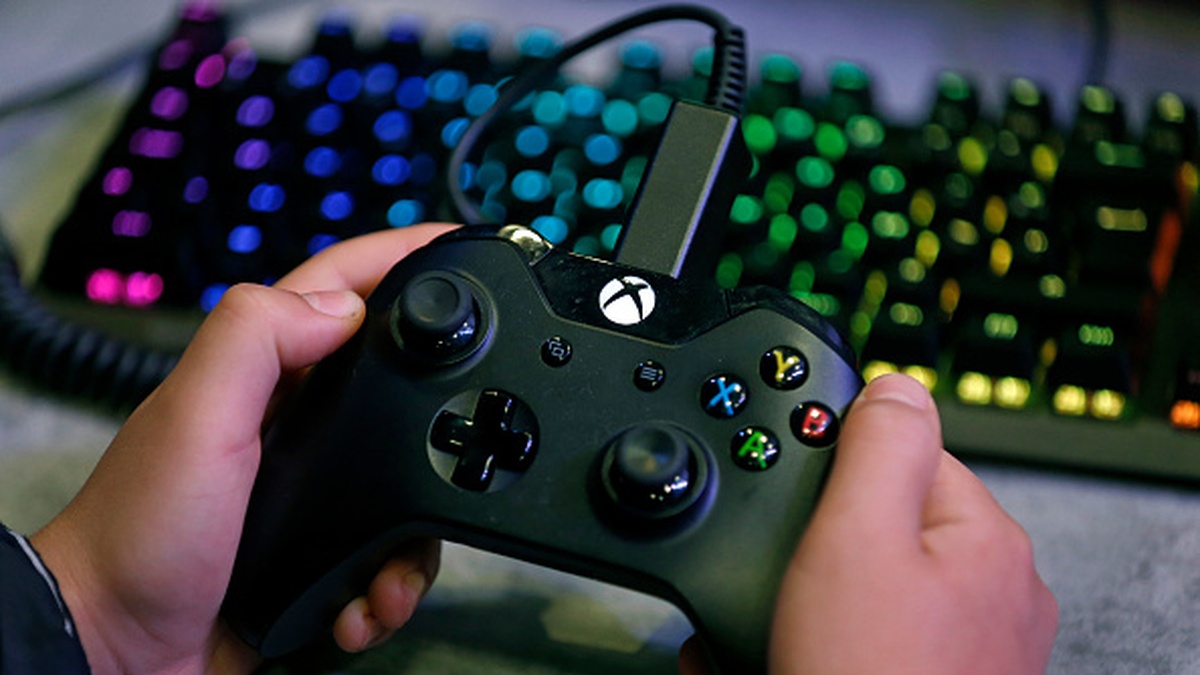

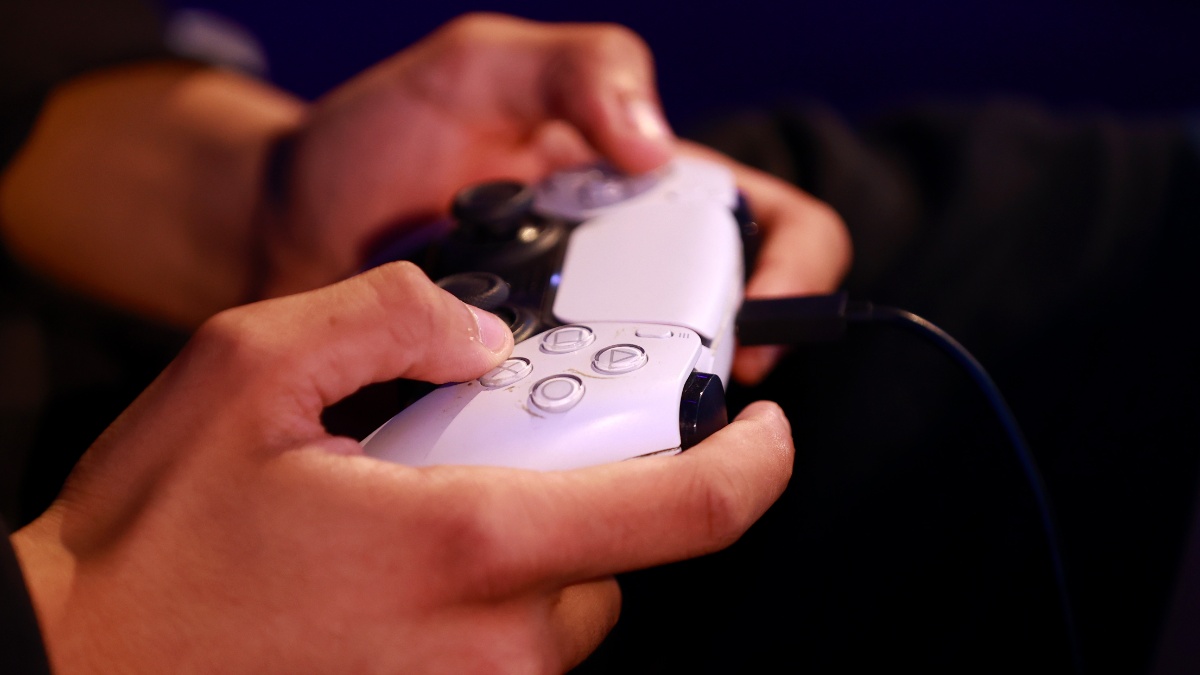
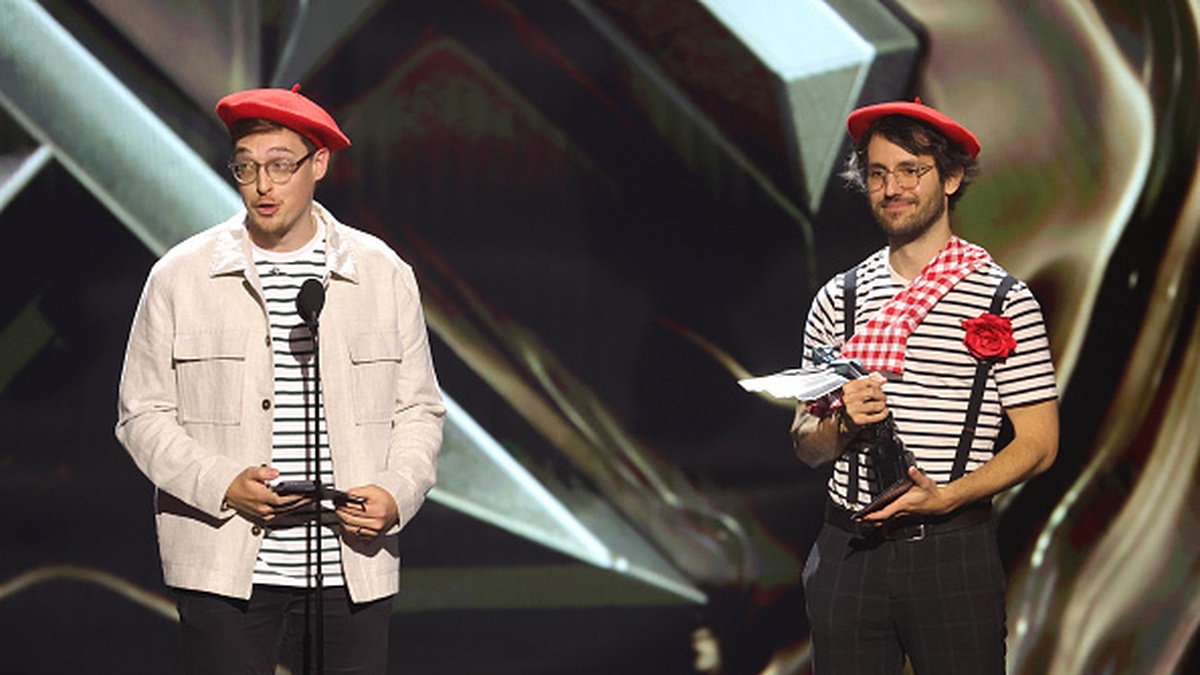
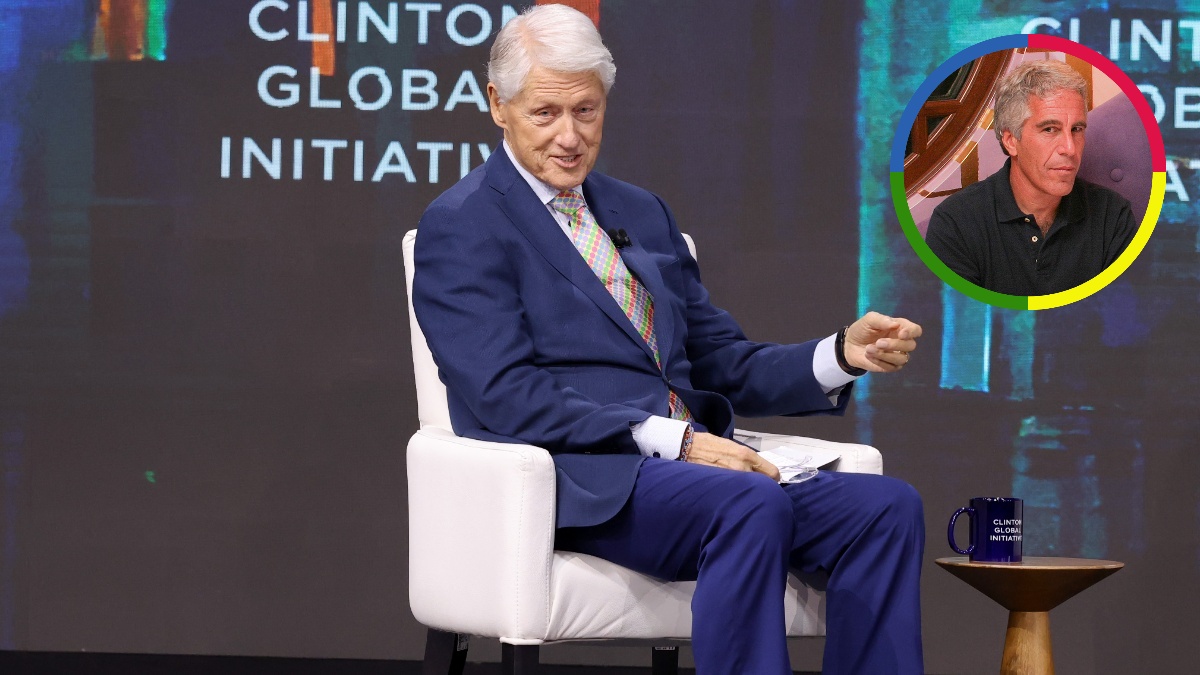

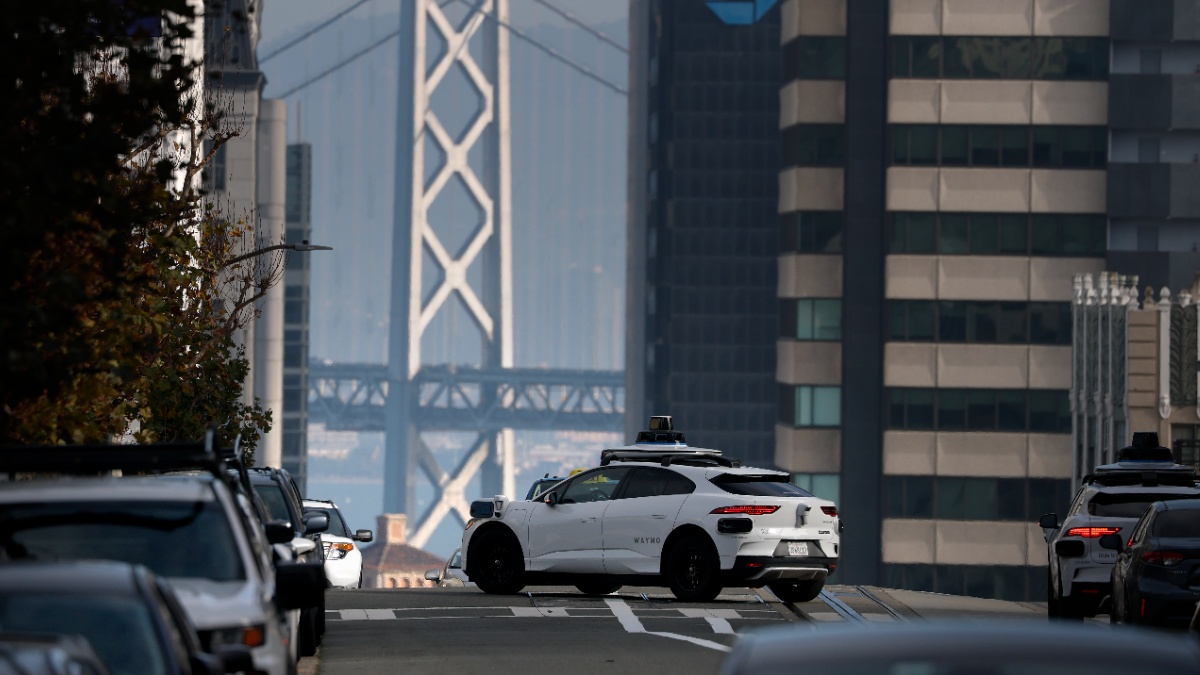
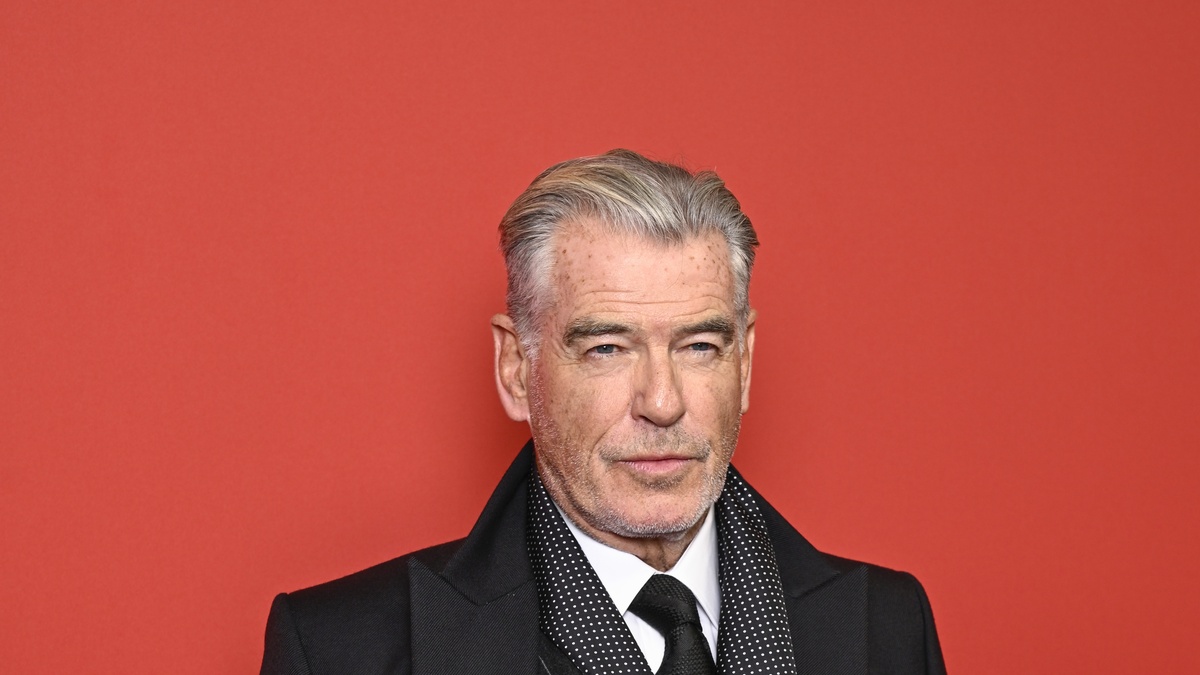
Published: Aug 4, 2013 08:34 pm